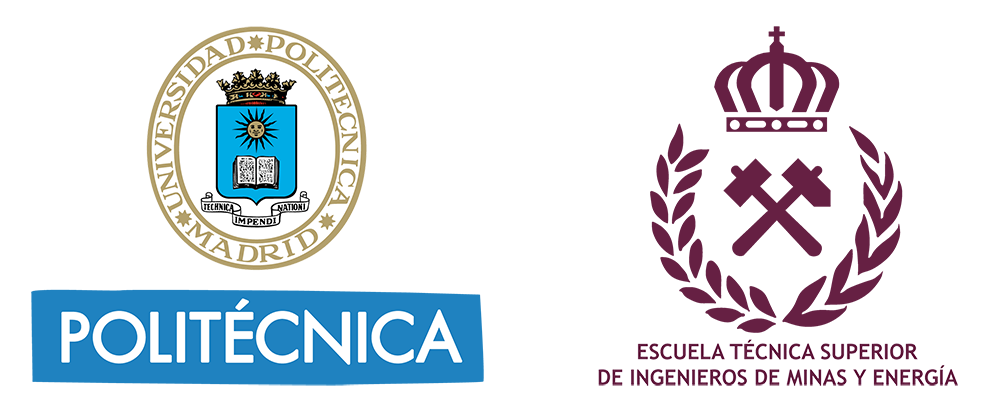
Based on external references and UPM requirements, a set of competences have been identified. The final list of general competences for the degree is presented below:
General Competencies
- GC 1. Understand and apply knowledge of science and basic technologies to the practice of ‘Energy Engineering’.
- GC 2. Possess the ability to design, develop, implement, manage, and improve products, systems, and processes in the different energy fields, using appropriate analytical, computational, or experimental techniques.
- GC 3. Apply the knowledge acquired to identify, analyze, and solve problems in a wide variety of contexts, being able to integrate knowledge, and being able to work in a multidisciplinary team.
- GC 4. Understand the impact of ‘Energy Engineering’ on the environment and the sustainable development of society, as well as the importance of working in a professional and responsible workspace.
- GC 5. To be able to communicate knowledge and/or conclusions, orally, in writing and graphically, to both specialized and non-specialized audiences in a clear and unambiguous way.
- GC 6. Possess learning skills that allow you to continue studying for your proper professional development throughout your life.
- GC 7. Incorporate the new technologies and tools of ‘Energy Engineering’ into your professional activities.
- GC 8. Ability to work in a bilingual environment (English-Spanish).
- GC 9. Organization and planning in relation to companies, and other institutions, as well as the organization of projects and teams.
- GC 10. Creativity.
In addition, students must acquire the general skills set out in the documents “Nuevas Titulaciones de Grado y Máster aprobadas, y su adscripción a los Centros de la Universidad, al amparo del RD 1393/2007 de ordenación de las enseñanzas universitarias oficiales” and “Requisitos y Recomendaciones para la Implantación de Planes de Estudio en la Universidad Politécnica de Madrid” approved by the UPM Governing Council, which are:
- Problem solving
- Use of ICT
- Oral and written communication.
- Creativity.
- Respect for the Environmental.
- Analysis and Synthesis
- Organization and planning.
- Teamwork.
- Leadership
ABET Competencies (Student Outcomes)
- An ability to identify, formulate, and solve complex engineering problems by applying principles of engineering, science, and mathematics.
- An ability to apply engineering design to produce solutions that meet specified needs with consideration of public health, safety, and welfare, as well as global, cultural, social, environmental, and economic factors.
- An ability to communicate effectively with a range of audiences.
- An ability to recognize ethical and professional responsibilities in engineering situations and make informed judgments, which must consider the impact of engineering solutions in global, economic, environmental, and societal contexts.
- An ability to function effectively on a team whose members together provide leadership, create a collaborative and inclusive environment, establish goals, plan tasks, and meet objectives.
- An ability to develop and conduct appropriate experimentation, analyze and interpret data, and use engineering judgment to draw conclusions.
- An ability to acquire and apply new knowledge as needed, using appropriate learning strategies.

